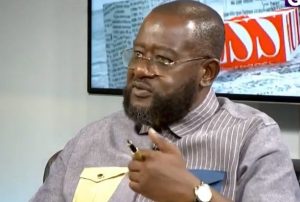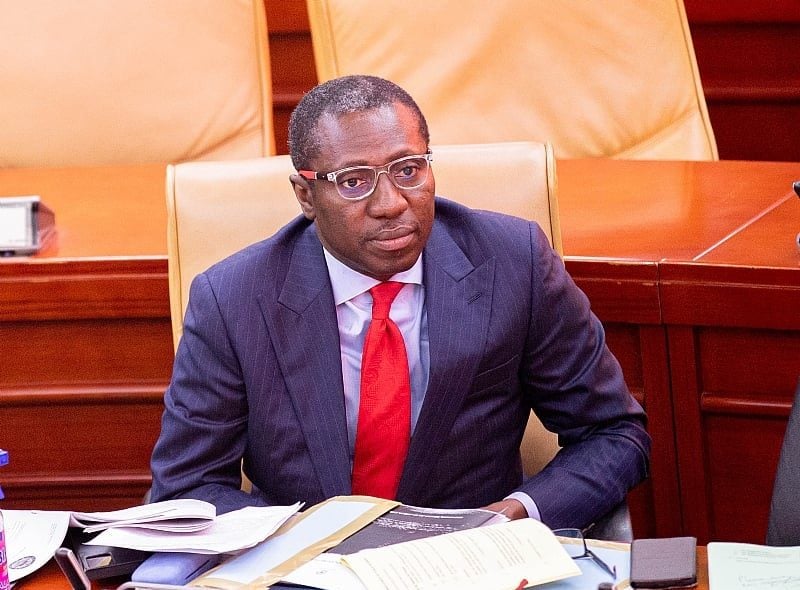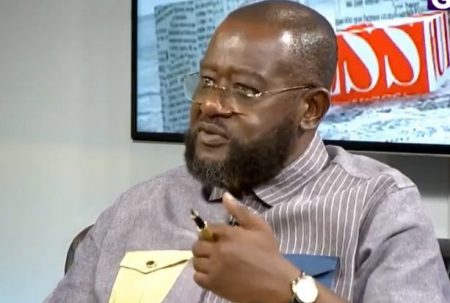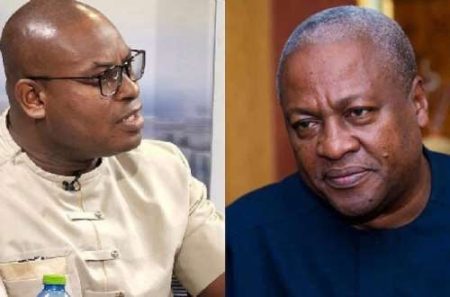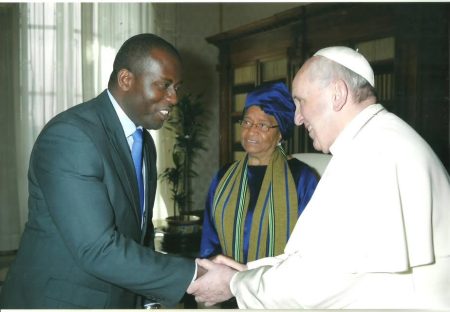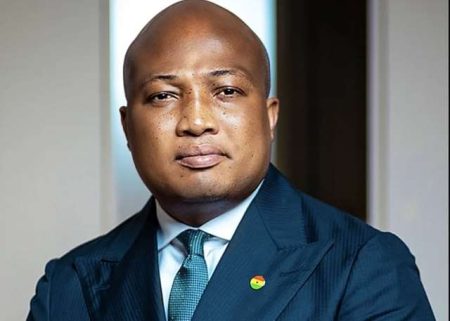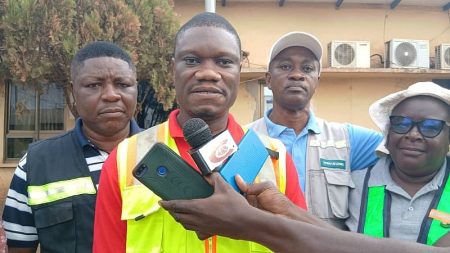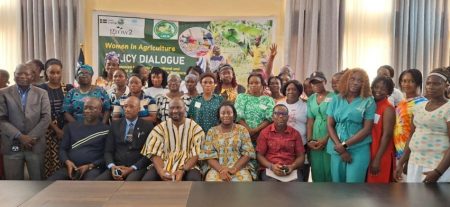The New Patriotic Party (NPP) Parliamentary Majority Caucus has formally written to Speaker Alban Bagbin, seeking the urgent recall of Parliament, just a day after the House was adjourned indefinitely. This petition aligns with Article 112(3) of Ghana’s 1992 Constitution, which empowers at least 15 percent of Members of Parliament (MPs) to request a meeting of Parliament. In similar spirit, Standing Order 53 of Parliament substantiates this provision, ensuring that such a request must be honored by the Speaker within seven days of receipt. This course of action signifies a response to pressing national issues that require legislative attention and intervention.
In the memo addressed to the Speaker, NPP Caucus Leader Mr. Alexander Kwamina Afenyo-Markin emphasized the urgency of the matter at hand. The request seeks to convene Parliament to deliberate on significant governmental matters, such as tax exemptions for beneficiaries under key initiatives like the One District, One Factory Programme, among others. Additionally, the caucus has outlined proposed bills that require consideration, including the Environmental Protection Agency Bill, Social Protection Bill, and others, each with implications for Ghana’s governance and its development trajectory. The responsiveness indicates a proactive approach from the majority party amid ongoing national challenges.
The context surrounding this request speaks to the circumstances of the recent adjournment, which took place on October 22, 2024. At the time of adjournment, critical legislative items had been scheduled, and the appending of a Supreme Court Order to the proceedings added complexity to the situation. The statement from NPP highlights the lack of clear communication regarding the reasons for the sudden adjournment, which has arguably created a sense of urgency for the recall of Parliament. The memo outlines that the matters to be addressed are pressing and necessary for the government to fulfill its constitutional obligations.
The majority caucus reiterated its commitment to acting in good faith, driven by national interest, seeking to enable the government to fulfill its responsibilities effectively. The contents of the request rest on clear constitutional provisions, reflecting the MPs’ commitment to exercising their rights and responsibilities in governance. The implication of delayed legislative action could have significant repercussions for various development initiatives currently in limbo, and time-sensitive policies that demand Parliament’s immediate attention.
Furthermore, the procedural framework provides substantial grounds for the requested recall. Standing Order 53(2) mandates that Parliament shall convene within a week following a request, while other orders highlight the Speaker’s authority to call for a sitting post-adjournment when emergencies arise. This legal backing bolsters the NPP’s argument for swift action, layering the request with the legitimacy drawn from the established rules of parliamentary procedure. The caucus’s readiness to furnish further information underscores their commitment to transparency and diligence.
In closing, as the NPP Parliamentary Majority Caucus awaits a favorable response from the Speaker, the situation encapsulates a critical juncture in Ghana’s legislative process, elevating the theme of timely governance amidst political and economic challenges. The call for a Parliament reconvening presents both a test and an opportunity for the legislative body to address essential matters that impact the nation’s fabric. The interplay of constitutional law, parliamentary conduct, and national interest in this scenario portrays the complexities inherent in governance, compelling the members of Parliament to act decisively in service of the citizens.



